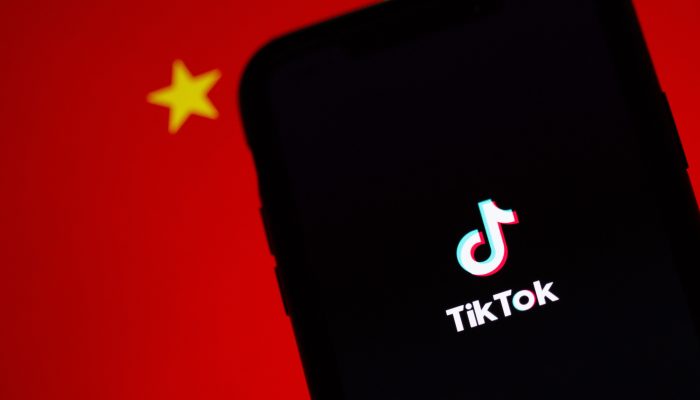Banning TikTok has become one of the only bipartisan issues lawmakers seem to see eye to eye on.
From a Montana ban on the social media app passed this month that will impact nearly all personal devices within state lines to a unanimous Senate approval to ban it from all government devices, both Democratic and Republican lawmakers agree that the short-form video app — and its parent company, the Beijing-based ByteDance — has got to go.
Citing national security concerns over reports that the Chinese government could use the app to surveil American citizens or promote propaganda to its largely teenage user base, former President Trump and the current Biden administration have both supported legislation to ban TikTok.
Among the most sweeping proposals is a bill currently making its way through Congress. But the RESTRICT Act — touted as a way ban TikTok nationwide — would do far more than prevent users from accessing an app known for its viral dance routines and conspiracy theory videos.
Representatives for TikTok and ByteDance, its parent company, did not immediately respond to Insider’s requests for comment.
The RESTRICT Act explained
The “Restricting the Emergence of Security Threats that Risk Information and Communications Technology Act,” or Senate Bill 686, was introduced by the Chairman of the Senate Select Committee on Intelligence, Democratic Senator Mark Warner of Virginia, alongside Republicans John Thune of South Dakota in a bipartisan group of 12 total Senators, including Debra Fischer of Nebraska, Joe Manchin of West Virginia, and New York’s Kirsten Gillibrand.
The bill, if passed, wouldn’t target TikTok specifically. Instead, it would authorize the Secretary of Commerce, under orders of the President, to restrict or ban digital products and services from countries it deems to be foreign adversaries: China, Cuba, Iran, North Korea, Russia, and Venezuela.
Information or communications products or services with more than 1,000,000 US users — like ByteDance’s TikTok app — as well as internet hosting services, cloud-based data storage, machine learning services, and other apps that are found to pose “an undue or unacceptable risk to the national security” would be subject to such regulation.
Should a US-based person or company violate a restriction issued under the RESTRICT Act, they would be subject to civil penalties of up to $250,000 (or twice the value of the transaction that served as the basis of the order, whichever is greater) and criminal penalties of up to $1 million in fines and up to 20 years imprisonment.
Representatives for Senator Warner told Insider the bill is intended to target businesses that violate the law, but the bill text reads that “a person who willfully commits, willfully attempts to commit, or willfully conspires to commit,” a violation of the act would be subject to the penalties
“Today, the threat that everyone is talking about is TikTok, and how it could enable surveillance by the Chinese Communist Party, or facilitate the spread of malign influence campaigns in the US. Before TikTok, however, it was Huawei and ZTE, which threatened our nation’s telecommunications networks. And before that, it was Russia’s Kaspersky Lab, which threatened the security of government and corporate devices,” Senator Warner said in a statement announcing the legislation.
He added: “We need a comprehensive, risk-based approach that proactively tackles sources of potentially dangerous technology before they gain a foothold in America, so we aren’t playing Whac-A-Mole and scrambling to catch up once they’re already ubiquitous.”
You can read the full article at the Business Insider.

